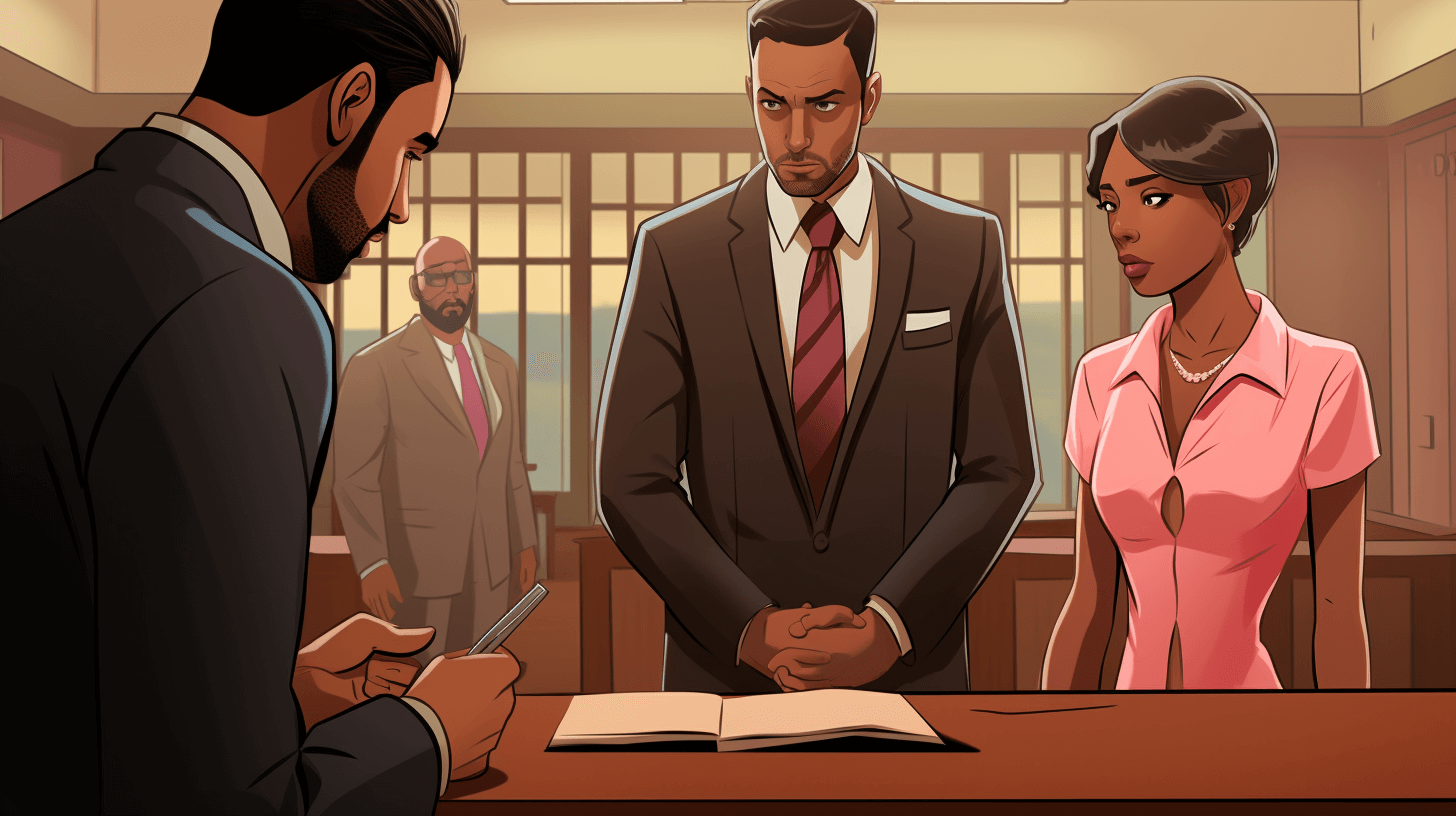September 18, 2025

When people hear the word “misdemeanour,” they often breathe a sigh of relief. After all, it’s not a felony. But the truth is, misdemeanours are serious criminal charges that can still change someone’s life. They may not carry decades in prison, but they can mean jail time, heavy fines, probation, and lasting consequences that ripple through families, jobs, and futures.
Understanding the legal side of a misdemeanour helps separate myths from reality. It shows that even “minor” offenses deserve careful legal attention, strong defense, and human compassion.
What Is a Misdemeanour?
Misdemeanours are crimes punishable by fines or up to a year in jail, usually served in a local or county facility rather than state prison. Examples include:
While less severe than felonies, misdemeanours are more than a slap on the wrist. They can leave a permanent criminal record, complicating employment, housing, and immigration.
Misdemeanour vs. Felony: Why the Distinction Matters
Felonies, as explained in The Legal Side of a Felony, involve harsher sentences, often years in prison. Misdemeanours, though less serious, still:
For many people, a misdemeanour is their first — and hopefully only — experience with the criminal justice system. That makes it a vulnerable, uncertain moment in life.
The Arrest and Court Process
The misdemeanor journey often begins with The Legal Side of an Arrest. A person may be stopped for shoplifting, pulled over for DUI, or cited for trespassing.
From there, the process typically includes:
Unlike felonies, misdemeanours may be heard in municipal or county courts and usually move faster, but the stakes are still deeply personal.
Possible Penalties for Misdemeanours
Judges often try to balance punishment with rehabilitation, but outcomes vary widely.
The Human Impact of a “Minor” Crime
What makes misdemeanours so impactful is not just the sentence — it’s the ripple effect:
The law can feel intimidating, but for individuals, these cases are about everyday lives: feeding families, keeping jobs, and holding onto reputations.
Defense Strategies in Misdemeanour Cases
Defense attorneys often:
These strategies can mean the difference between moving forward or being held back for years.
Case Examples
These examples show why even misdemeanours deserve skilled defense and not casual acceptance of guilt.
Collateral Consequences
Even after completing a misdemeanour sentence, records remain. They may affect:
For many, seeking relief through expungement becomes essential, as described in The Legal Steps to Getting a Record Expunged.
Why Choosing the Right Lawyer Matters
Misdemeanour cases may not make headlines, but they matter deeply to the people living them. The right lawyer provides:
The same strengths that make firms excel in Why Law Firms Excel at High-Asset Divorce Litigation — resources, expertise, preparation — also make a difference in misdemeanour cases.
Conclusion
The legal side of a misdemeanour reminds us that no charge is “small” when it affects someone’s freedom, livelihood, or family. Misdemeanours may not carry the same penalties as felonies, but they can shape a person’s future in profound ways. From The Legal Side of an Arrest to The Legal Side of a Pardon, every step of the justice system matters. With strong legal defense, even a misdemeanour charge can be managed, mitigated, or overcome — allowing people to move forward without being defined by a single mistake.
Stay up to date with the latest tips, expert insights, product reviews, and step-by-step guides to help you grow, create, and succeed—no matter your industry or passion.